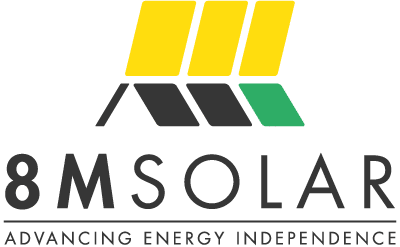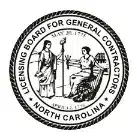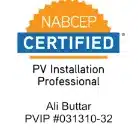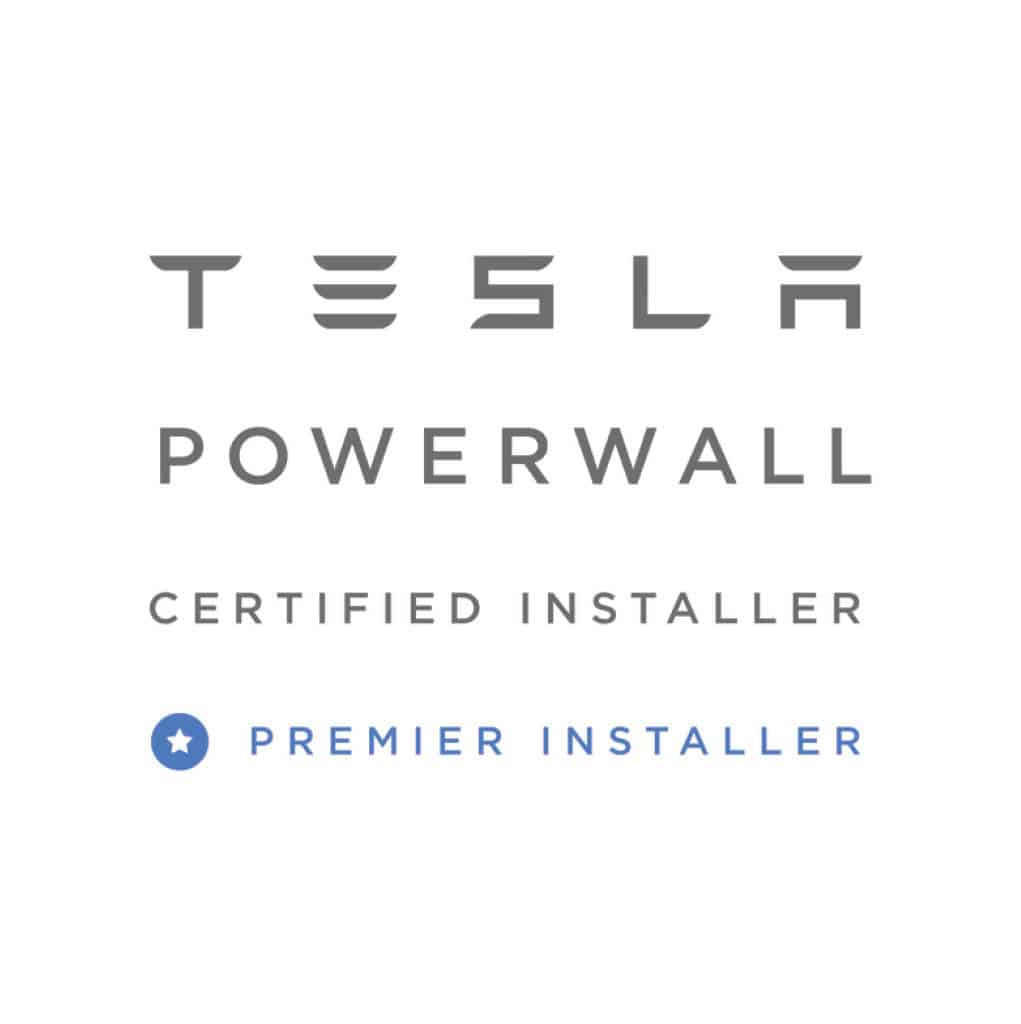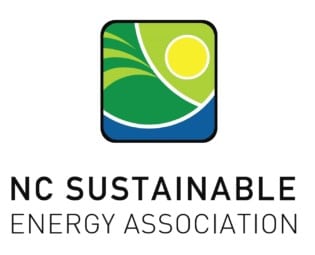Key Points
- Legal Provisions Relocation: Virginia’s restrictions on solar panel prohibitions by associations have moved to new sections (55.1-1951.1 and 55.1-1820.1) under the Condominium Act and Property Owners’ Association Act, effective from October 1st 2022, without substantive changes.
- Solar Panel Regulations: Community associations can’t outright ban solar panels unless in the recorded declaration. Otherwise, they can impose “reasonable” constraints on size, location, and placement method.
- Objective Standard for Reasonableness: Solar panel restrictions are deemed unreasonable if they increase costs by over 5% or reduce energy production by over 10%. Homeowners can challenge, but need documentation from a certified solar panel design specialist.
- Prohibitions on Common Areas: Associations can forbid solar panels on common areas, reducing liability. Architectural reviews can be mandated to ensure compliance, and legal counsel is recommended in uncertain situations.
Table of Contents
- Key Points
- Solar Panel Restrictions Find a New Location
- Solar Panel Regulations and Guidelines
- “Reasonable” Constraints on Size, Location, and Placement Method as Per Statutory Allowance
- Challenges by Homeowners Regarding Restriction Reasonableness
- Prohibitions on Common Area and Common Elements
- Architectural Review Procedures
Solar Panel Restrictions Find a New Location
Starting from October 1st, 2022 please note that the legal provisions limiting associations’ authority to prohibit solar panels (and other solar energy collection devices) have been relocated within the Virginia Code. The restrictions previously outlined in Virginia Code Sections 67-700 and 67-701, known as “Covenants Restricting Solar Energy Collection Devices,” have now been moved to the Condominium Act and the Property Owners’ Association Act, identified as new Sections 55.1-1951.1 and 55.1-1820.1, respectively. This relocation was enacted through a bill passed during one of the 2021 Special Sessions of the General Assembly. Importantly, there were no substantive changes to these statutory restrictions; it was simply a transfer of existing provisions to a different section of the Virginia Code.
Solar Panel Regulations and Guidelines
In Virginia, community associations are generally unable to forbid the installation of solar energy collection devices, such as solar panels, on an owner’s property unless the association’s recorded declaration explicitly establishes such a prohibition (refer to Virginia Code Secs. 55.1-1820.1 and 55.1-1951.1). According to these statutes, if an association intends to completely prohibit solar panels within the community, the recorded declaration must explicitly state this prohibition. The statutes do not permit a strict ban on solar panels through board-adopted rules or regulations for individually owned properties.
“Reasonable” Constraints on Size, Location, and Placement Method as Per Statutory Allowance
Community associations retain the authority to impose reasonable restrictions on the size, location, and method of placing solar panels on individually owned properties, even if the recorded declaration does not expressly address solar panels. The statutes clearly state that community associations can establish reasonable restrictions related to the size, location, and method of placing solar energy collection devices. Potential restrictions may cover aspects like board-adopted rules and regulations governing the visibility, quantity, and size of solar panels, screening requirements, and permissible locations.
While associations have the right to regulate these aspects, such restrictions may face challenges if deemed unreasonable under the relevant statute. Both Section 55.1-1820.1 of the Virginia Property Owners’ Association Act and Section 55.1-1951.1 of the Virginia Condominium Act outline an objective standard for what constitutes a “reasonable” solar panel restriction. This standard may significantly limit a community association’s ability to regulate solar panels unless there is an explicit prohibition in the recorded declaration.
According to both statutes, a restriction is considered unreasonable if it either:
- Increases the installation cost of the solar energy collection device by more than five percent (5%) over the projected cost of the initial proposed installation.
- Reduces the energy production of the solar energy collection device by more than ten percent (10%) below the projected energy production of the initial proposed installation.
This objective standard of reasonableness may make it relatively easy for homeowners to challenge specific restrictions. For instance, restrictions mandating the installation of solar panels only on the rear roof or prohibiting them on the front roof could be successfully challenged if the front roof receives sufficient sunlight. This might pose difficulties in enforcing restrictions that would otherwise be considered reasonable (e.g., permitting solar panels only on the rear side of the lot/unit) in certain circumstances.
Challenges by Homeowners Regarding Restriction Reasonableness
It is essential to note that the responsibility falls on the homeowner to contest the reasonableness of such restrictions, and associations retain the right to establish and enforce restrictions on the size, location, and method of placing solar panels unless a homeowner successfully challenges them. To successfully contest the reasonableness of a solar device restriction in the association’s rules and regulations, a homeowner must present:
- Documentation prepared by an independent solar panel design specialist who is:
- Certified by the North American Board of Certified Energy Practitioners (like 8MSolar)
- Licensed in Virginia. (like 8MSolar)
The documentation must meet the association’s satisfaction and demonstrate that the restriction is unreasonable based on the criteria mentioned earlier (i.e., a cost increase of more than five percent (5%) or an energy production reduction of more than ten percent (10%)). An association can demand this documentation from an owner intending to install solar panels in conflict with established rules and regulations before installation. Community associations aiming to safeguard their architectural standards should insist on such documentation before accommodating owner requests in these instances.
Prohibitions on Common Area and Common Elements
Community associations retain the authority to forbid the installation of solar panels on common area and common element property, irrespective of whether such a prohibition is outlined in the recorded declaration. Restricting owners from installing solar panels in these shared spaces is generally recommended due to the heightened risk of liability to an association and potential increases in insurance costs associated with allowing owners to use common areas or elements for solar panel installation.
It may not be within the board’s jurisdiction to permit an owner exclusive use of part of the common elements or common area. Boards of directors should thoroughly discuss the implications of solar panel installations on common areas or elements before approving any requests or entering agreements with solar panel installation contractors.
Architectural Review Procedures
Another crucial consideration is that associations can still mandate owners to undergo the standard architectural review process to ensure adherence to the association’s restrictions and established procedures. The association retains the authority to reject an application for solar panel installation if the proposed design fails to align with the association’s covenants and architectural standards. Whether the association can be compelled to accept a proposed solar panel installation depends on (i) whether the recorded declaration explicitly prohibits or restricts solar panels and (ii) whether the owner can provide additional documentation from an NABCEP-certified solar panel design specialist, demonstrating that the board-adopted restrictions are unreasonable under the relevant statute.
In cases where there is uncertainty about the applicability of the solar panel statute in a specific situation, boards of directors are advised to consult their association’s legal counsel. 8MSolar is more than happy to help you walk through any issues you may have with HOAs.
